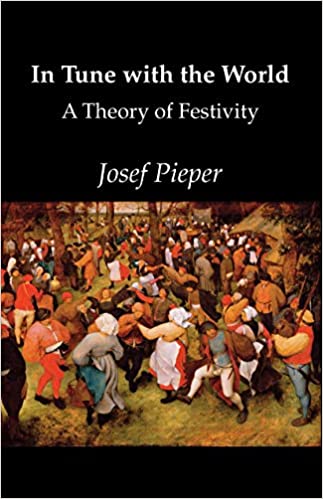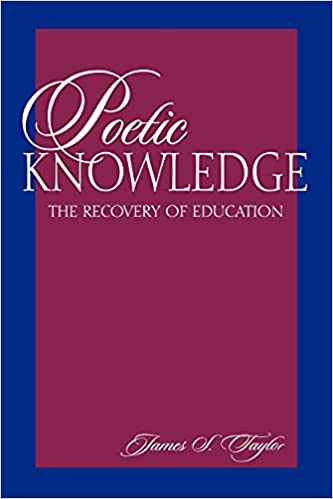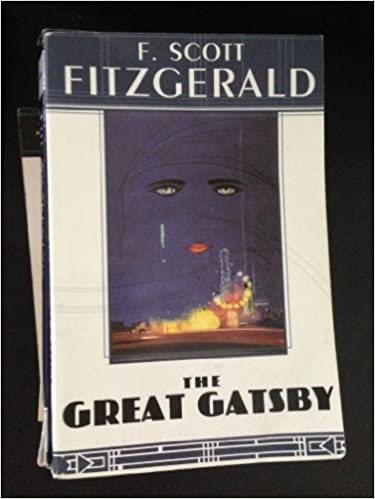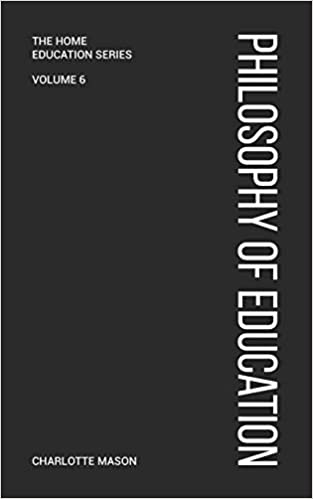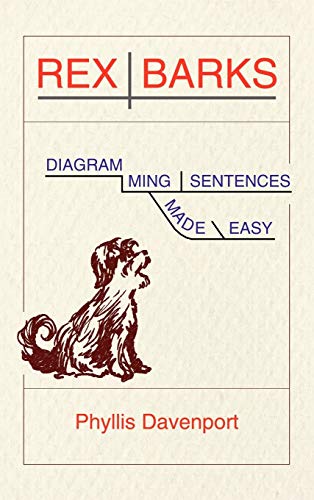#68 Topical Discussion
In Tune With The World: A Theory of Festivity
In this stimulating and still-timely study, Josef Pieper takes up a theme of paramount importance to his thinking – that festivals belong by rights among the great topics of philosophical discussion. As he develops his theory of festivity, the modern age comes under close and painful scrutiny. It is obvious that we no longer know what festivity is, namely, the celebration of existence under various symbols.
Pieper exposes the pseudo-festivals, in their harmless and their sinister forms: traditional feasts contaminated by commercialism; artificial holidays created in the interest of merchandisers; holidays by coercion, decreed by dictators the world over; festivals as military demonstrations; holidays empty of significance. And lastly we are given the apocalyptic vision of a nihilistic world which would seek its release not in festivities but in destruction.
Formulated with Pieper's customary clarity and elegance, enhanced by brilliantly chosen quotations, this is an illuminating contribution to the understanding of traditional and contemporary experience.
More info →Poetic Knowledge
Reveals the neglected mode of knowing and learning, from Socrates to the middle ages and beyond, that relies more on the integrated powers of sensory experience and intuition, rather than on modern narrow scientific models of education.
More info →The Great Gatsby
The Great Gatsby, F. Scott Fitzgerald’s third book, stands as the supreme achievement of his career. First published in 1925, this quintessential novel of the Jazz Age has been acclaimed by generations of readers. The story of the mysteriously wealthy Jay Gatsby and his love for the beautiful Daisy Buchanan, of lavish parties on Long Island at a time when The New York Times noted “gin was the national drink and sex the national obsession,” it is an exquisitely crafted tale of America in the 1920s.
More info →Charlotte Mason’s Philosophy of Education (Book 6 of the Home Education Series)
This edition of Charlotte Mason’s Home Education Series is presented complete and unabridged, retaining the pagination of the original to make research and referencing easy. All the books have been fully transcribed and formatted using a clean and easy-to-read font so that there’s no excuse not to read these revolutionary works.Written shortly before her death, A Philosophy of Education represents Charlotte Mason’s final thoughts after a lifetime spent thinking on education. Containing the final version of the 20 principles on which her method is based this book is a great place to start for parents of older children.
More info →Rex Barks
"...a masterful presentation of grammar—a well-structured, incremental course in diagramming with clear explanations and memorable illustrations of each new principle... Phyllis Davenport understands that if you want to make yourself understood, you need grammar. Her textbook abounds with examples of the ambiguities that result from an ignorance of grammatical rules...The art of diagramming sentences provides students with an indispensable foundation for the study of grammar, and Rex Barks makes the process of learning this skill manageable and fun. The book is laid out in logical, incremental steps, and students are given the opportunity to master one concept before proceeding to the next...It contains many clever devices to help students with tricky concepts (e.g., prepositions are to be remembered as "anything a squirrel can do to a tree.") And it is pervaded by her sense of humor and enthusiasm for her subject.
More info →
